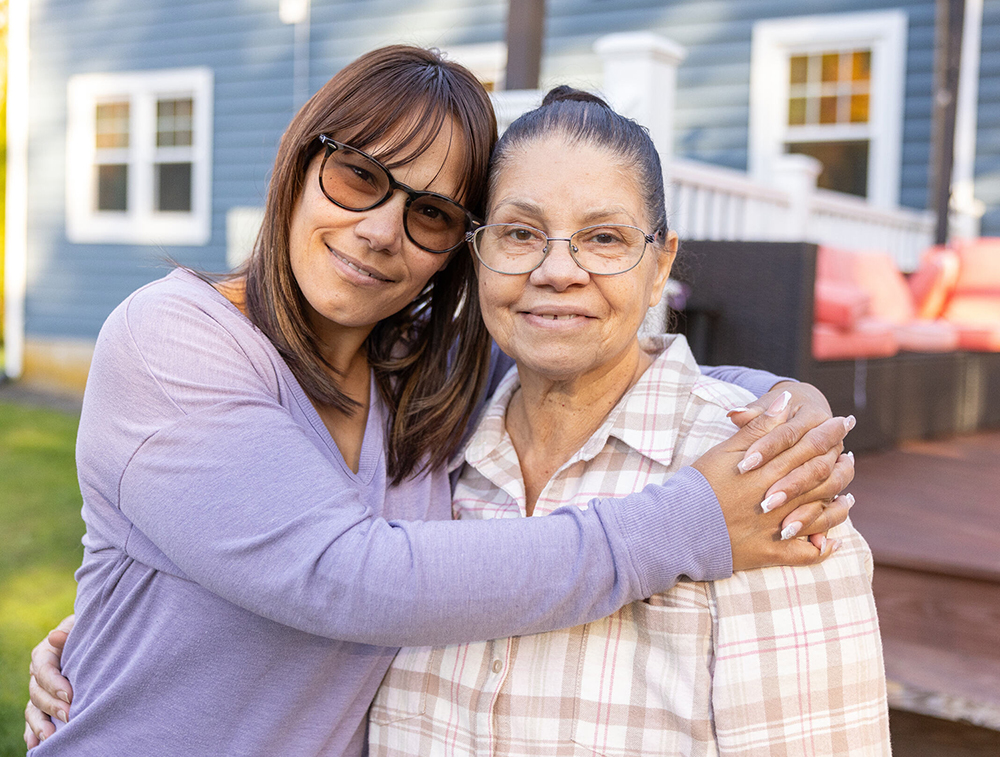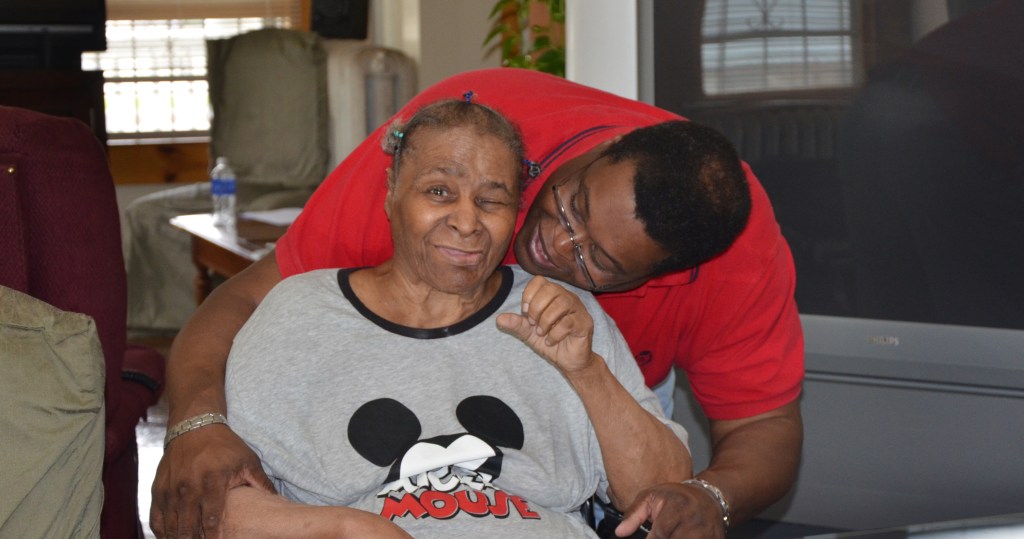BLOG
Caregiving Resources
We started this blog to show that you are never alone in your caregiving journey. Discover articles, tips, and stories covering the experience of caring for loved ones.
Explore by topic
Articles and Resources
-

Faces of Careforth: Marisa Shafer
Read more: Faces of Careforth: Marisa ShaferBehind every caregiver we support is a team of people working thoughtfully and intentionally to make that support possible. At Careforth, our talent acquisition team shapes who joins our organization and, ultimately, how well we serve caregivers and families. Finding the right people isn’t just about filling open roles; it’s about building a…
-

Medicaid Rules Every Family Caregiver Should Know
Read more: Medicaid Rules Every Family Caregiver Should KnowCaring for a loved one who relies on Medicaid can feel overwhelming, especially when you’re trying to sort through rules, services, and paperwork while also meeting daily care needs. More than 20% of people enrolled in Medicaid are either over the age of 65 or have a diagnosed disability. Yet this group accounts…
Sharing Strength and Inspiration
Being a caregiver is complicated. Because looking after a loved one isn’t always easy. There are good days and bad. Laughter and tears. Challenges and victories. That’s why it’s so important to share stories. It’s how we connect with each other. And remember we’re not alone.
Hear from Careforth caregivers. Their journeys may help guide or inspire yours.

Meriam
Meriam cares for her mother, Ruth, with the help of their Careforth care manager, Sue.
“I’m blessed because Careforth has allowed me to keep my mom at home where she wants to be.”
Richard
Richard cares for his mother, Gloria, with the help of their Careforth care manager, Caesar.
“It’s my mom. There’s only one mom you have in this world and I would not turn my back on her.”


Bruce
Bruce cares for his nephew, Dan, with the help of their Careforth care manager, Lindsay.
“I could send a text, I could call, they would get right back to me. Our Careforth care team knows the ropes and it’s just comforting to know that.”
Stay in touch with us.
Sign up for company news and ongoing caregiver resources delivered right to you.
You can unsubscribe anytime. Privacy Policy

